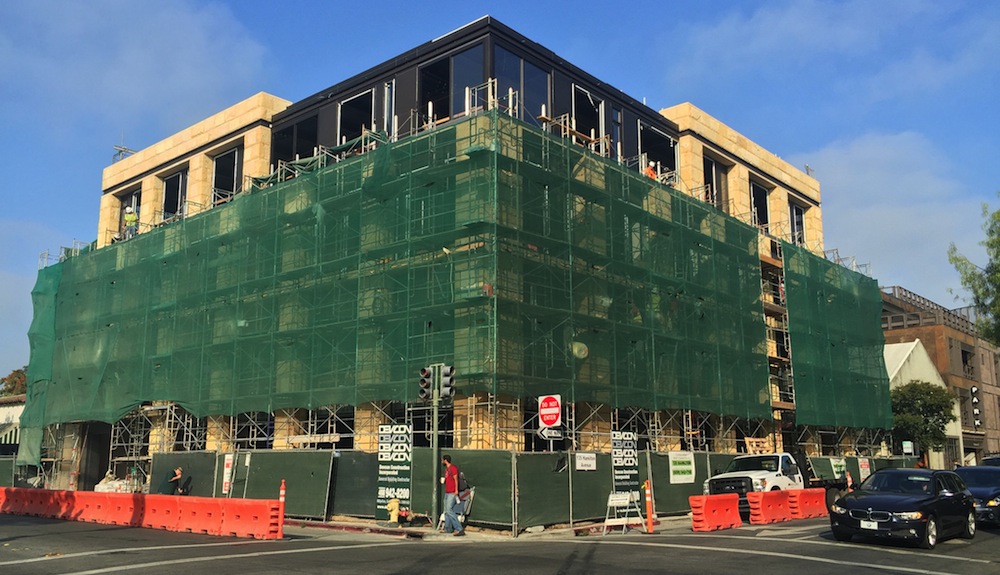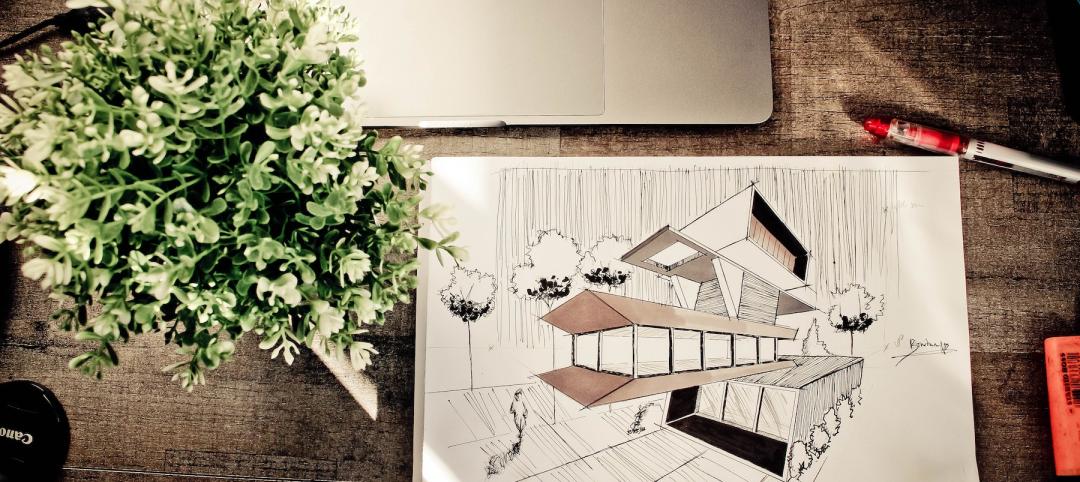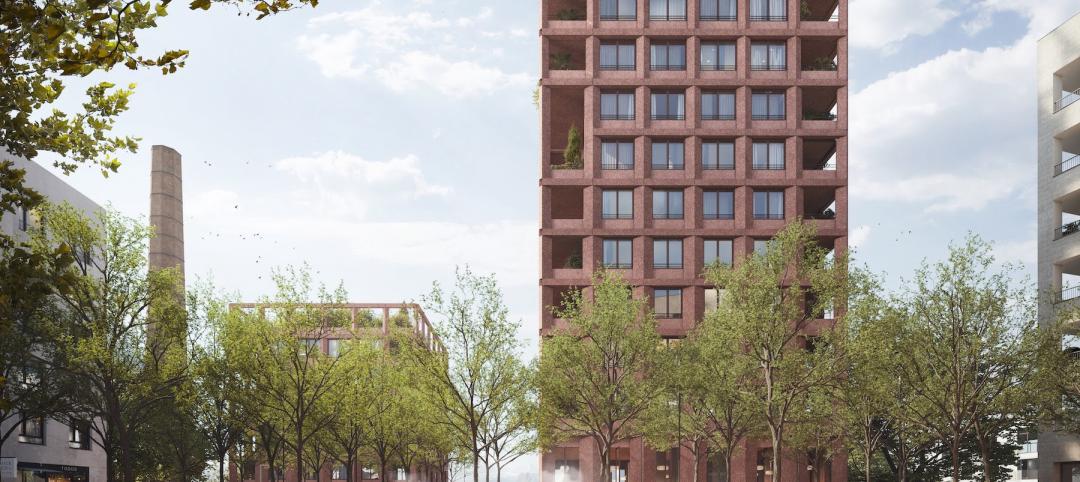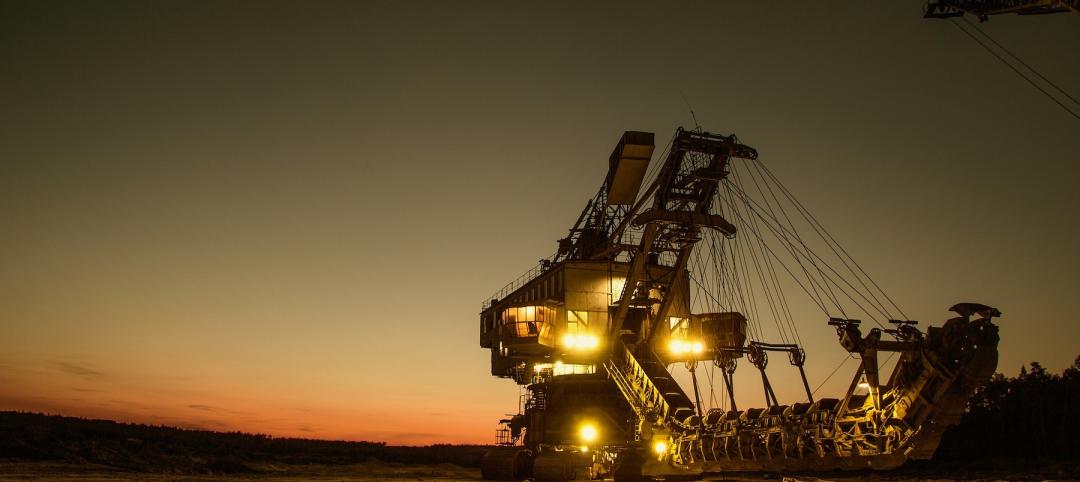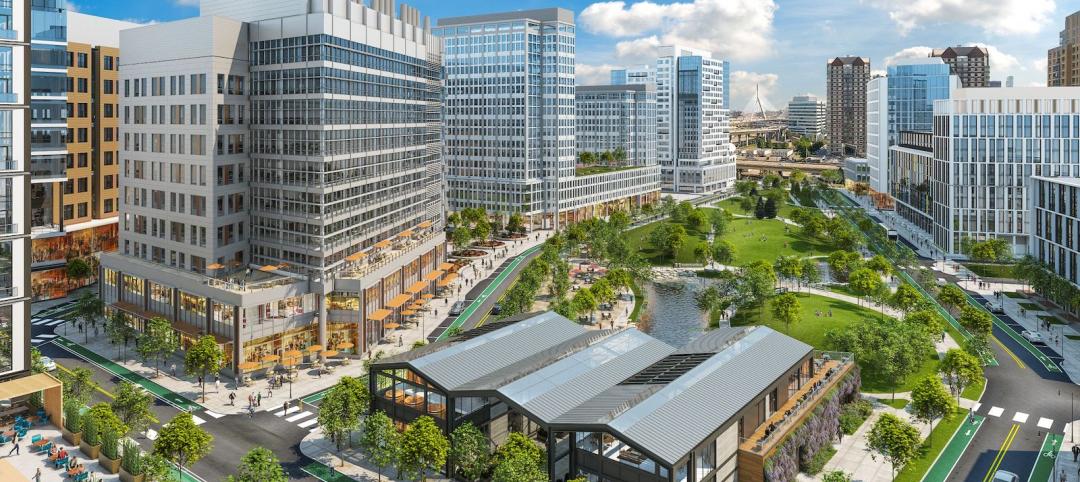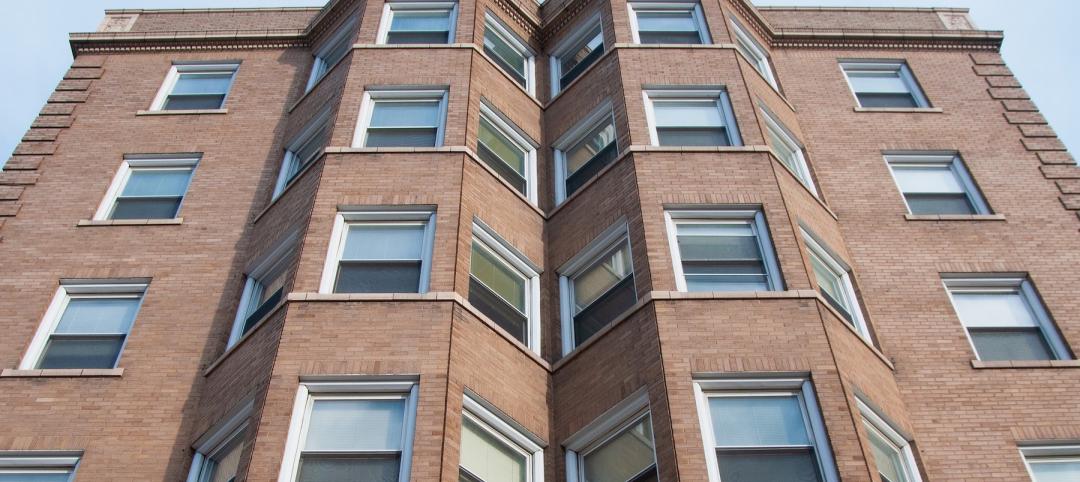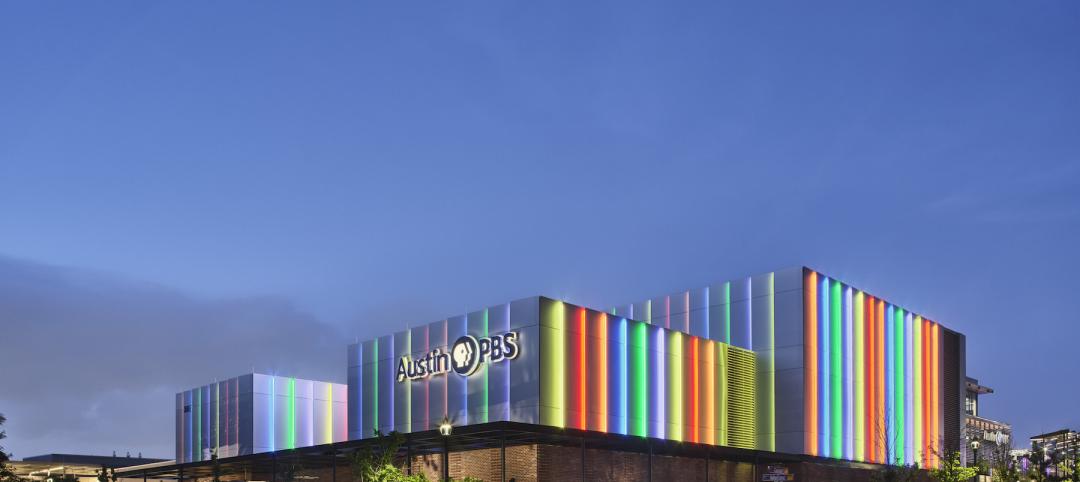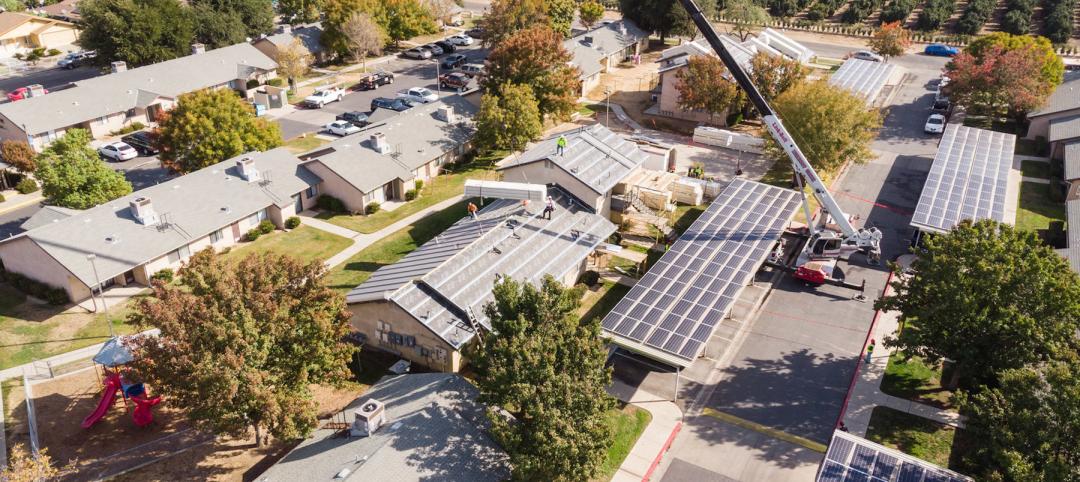Real gross domestic product (GDP) expanded by just 0.7% (seasonally adjusted annual rate) during the fourth quarter of 2015, according to an analysis of Bureau of Economic Analysis data released by Associated Builders and Contractors (ABC). This paltry growth follows a 2% increase during the year's third quarter and a 3.9% increase during the second quarter. For the year, GDP expanded by 2.4%, matching the rate of growth seen in 2014.
Nonresidential fixed investment shrank by 1.8% in the fourth quarter, the first time the segment has contracted since the third quarter of 2012. For the year, nonresidential fixed investment expanded by 2.9% after growing by 6.2% in 2014 and 3% in 2013.
"The economy did not end the year well," ABC Chief Economist Anirban Basu said. "Today's GDP data adds weight to the argument that the U.S. is in a corporate profits recession, an industrial recession, and was experiencing a softening of investments. With the exception of the residential building sector, business capital outlays have declined as corporations deal with a combination of sagging exports, competitive imports, declining energy related investments, rising wage pressures and healthcare costs.
"Recent turbulence in financial markets suggest that capital availability may continue to soften," Basu said. "While residential construction is likely to continue to recover given the combination of low interest rates and accelerating household formation, nonresidential construction spending growth may begin to sputter a bit as those who deploy capital become more defensive. This is not to suggest that nonresidential construction spending is set to decline. Many contractors continue to report significant and growing backlog. However, the current situation suggests that the growth in backlog and ultimately in spending may not be quite as rapid as it was earlier in 2015."
Six key input prices rose or remained unchanged in October on a monthly basis, while one remained unchanged:
- Personal consumption expenditures expanded 2.2% in the fourth quarter after growing by 3% in the third quarter.
- Spending on goods grew 2.4% in the fourth quarter after expanding 5% in the third quarter and 5.5% in the second quarter.
- Real final sales of domestically produced output increased 1.2% for the fourth quarter after a 2.7% increase in the third quarter.
- Federal government spending increased 2.7% in the fourth quarter, the segment's largest increase since the third quarter of 2014.
- Nondefense spending increased 1.4% in the fourth quarter after expanding 2.8% in the previous quarter.
- National defense spending expanded by 3.6% in the fourth quarter after contracting by 1.4% during the third.
- State and local government spending contracted by 0.6% in the fourth quarter after increasing by 2.8% in the third quarter.
Related Stories
Building Team | Jul 18, 2022
Understanding the growing design-build market
FMI’s new analysis of the design-build market forecast for the next fives years shows that this delivery method will continue to grow, despite challenges from the COVID-19 pandemic.
Mixed-Use | Jul 18, 2022
Mixed-use development outside Prague uses a material made from leftover bricks
Outside Prague, the Sugar Factory, a mixed-used residential development with public space, marks the largest project to use the sustainable material Rebetong.
Building Team | Jul 15, 2022
ABC: Construction materials prices increased in June, up 20% from a year ago
Construction input prices increased 1.9% in June compared to the previous month, according to an Associated Builders and Contractors analysis of U.S. Bureau of Labor Statistics’ Producer Price Index data released today.
Arenas | Jul 15, 2022
U. of Oregon renovation aims for ‘finest track and field facility in the world’
The renovation of the University of Oregon’s Hayward Field had the goal of creating the “finest track and field facility in the world.”
Building Team | Jul 14, 2022
ABC’s construction backlog inches lower in June; Contractor confidence falters
Associated Builders and Contractors reports today that its Construction Backlog Indicator fell 0.1 months in June and stands at 8.9 months, according to an ABC member survey conducted June 21 to July 5.
Sustainable Development | Jul 14, 2022
Designing for climate change and inclusion, with CBT Architects' Kishore Varanasi and Devanshi Purohit
Climate change is having a dramatic impact on urban design, in terms of planning, materials, occupant use, location, and the long-term effect of buildings on the environment. Joining BD+C's John Caulfield to discuss this topic are two experts from the Boston-based CBT Architects: Kishore Varanasi, a Principal and director of urban design; and Devanshi Purohit, an Associate Principal.
Multifamily Housing | Jul 14, 2022
Multifamily rents rise again in June, Yardi Matrix reports
Average U.S. multifamily rents rose another $19 in June to edge over $1,700 for the first time ever, according to the latest Yardi® Matrix Multifamily Report.
Building Team | Jul 14, 2022
Austin PBS gets a new state-of-the-art facility with three studios
Since the 1970s, Austin PBS, birthplace of the Austin City Limits TV series, has been based inside the communications building on the University of Texas campus—a space it has long outgrown.
Building Team | Jul 13, 2022
The YIMBY movement emerges as valuable advocate for affordable housing
Over the past few decades, developers grew accustomed to nothing but staunch opposition to dense affordable housing project proposals.
Energy | Jul 13, 2022
Electrification of buildings, new and old, furthers environmental responsibility and equity
It’s almost a cliché in our industry, but nonetheless: The greenest building is the one that is already built.


